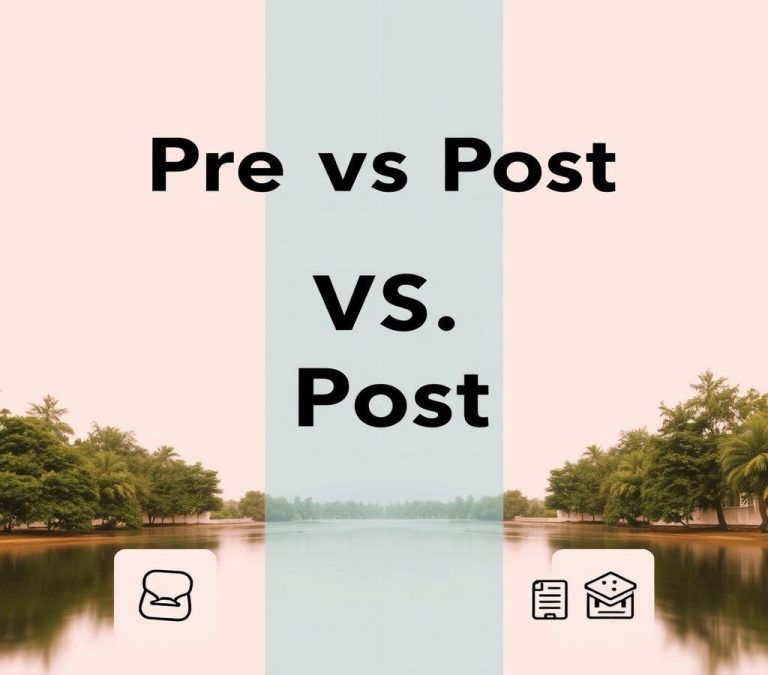Traveler vs. Traveller: Grammar Usage & Travel Writing
The English language often has variations in spelling, and “traveler” and “traveller” are prime examples. These differences arise primarily based on whether you’re using American or British English. In the United States, “traveler” with one ‘l’ is the correct form. Meanwhile, in the United Kingdom and other countries using British English, “traveller” with two ‘l’s is the standard. Understanding these variations helps in better communication and avoids confusion when reading or writing across different regions. This article explores the reasons behind these spelling differences and suggests when to use each version.
Quick Answer
Both “traveler” and “traveller” are correct, but the difference lies in regional spelling preferences. “Traveler” is the preferred spelling in American English, while “traveller” is used in British English and other parts of the English-speaking world. So, choose the spelling that fits your audience or region!
Why There is Confusion
The confusion between “traveler” and “traveller” primarily stems from variations in regional spelling conventions. This often leaves students, writers, and even experienced speakers uncertain about which spelling to use. The difference in spelling might appear subtle, yet for those who desire precision in their writing, knowing the right context to use each term is important. This confusion is emblematic of broader questions about language variations across English dialects, specifically between American and British English.
What does “Traveler” mean?
“Traveler” is a noun that denotes someone who embarks on journeys from one place to another, whether for leisure, business, or other personal reasons. It is someone who moves through regions, experiencing different cultures, landscapes, and environments. In contemporary contexts, a traveler is often associated with modern journeys involving tourism and curiosity about the world.
What does “Traveller” mean?
The term “traveller” has the same definition as “traveler” and, essentially, the words are interchangeable in meaning. Just like its counterpart, “traveller” refers to a person who travels. However, this spelling follows British English conventions. It is worth noting that in certain regions, the term may carry cultural connotations, referring to communities like the Irish Travellers, recognized for their itinerant lifestyle.
Differences between “Traveler” and “Traveller”
Part of Speech
Both “traveler” and “traveller” function identically as nouns. Their roles in sentences are the same—they both serve to identify a person who is traveling. There are no significant differences in the parts of speech between these two terms; any distinction arises solely from spelling.
Regional Variations
The primary difference between “traveler” and “traveller” lies in regional spelling conventions. “Traveler” is the preferred spelling in American English, following a trend where words with double “l” in British English are often reduced to a single “l” in American English. On the other hand, “traveller” adheres to British English spelling norms, which often favor more traditional structures consisting of doubled consonants. This variation is consistent with other word pairs like “canceled” and “cancelled,” or “labeled” and “labelled.”
Etymology
Exploring the etymology provides insight into why these variations exist. English, as a language, has evolved from various influences, assimilating words from Old Norse, French, Latin, and other languages. Over time, regional variants emerged as English speakers spread across the globe. The distinct spellings of “traveler” and “traveller” can be traced back to differing linguistic reforms in the 18th and 19th centuries that simplified spelling rules in American English.
Synonyms
Both words share the same synonyms, list which includes:
- Voyager
- Wanderer
- Wayfarer
- Exploror
- Globetrotter
- Nomad
These terms also describe individuals who relish travel and exploration, embodying a spirit of adventure and curiosity about the world.
Alternatives to “Traveler” and “Traveller”
While “traveler” and “traveller” are the most direct terms, there are a variety of alternatives that convey similar meanings or slight variations in nuance depending on contexts, such as:
- Tourist: Often refers to someone visiting a destination for pleasure.
- Backpacker: Typically used for travellers on a budget who carry their belongings in a backpack.
- Passenger: A broader term that may refer to anyone traveling, regardless of their purpose.
- Itinerant: Refers to someone who travels from place to place, often for work or temporary residence.
Each alternative can be used based on the specificity required by the writer or speaker, allowing for greater versatility and expression.
Examples of Usage
American English Examples
In American English, you might see “traveler” used as follows:
- Every summer, Jane embarks on an adventure as a solo traveler, exploring new cultures and cities.
- The travel agency offers special packages for American travelers wishing to experience Europe.
- As a frequent traveler, Paul always carries his passport and essential documents.
These examples indicate the typical environment in which “traveler” is employed, aligned with American spelling norms.
British English Examples
In British English, “traveller” appears in contexts such as:
- The seasoned traveller had stories from every continent he’d visited.
- She’s an avid traveller who loves the thrill of exploring uncharted territories.
- The magazine caters to the needs of discerning travellers across the globe.
These examples reflect common usage in regions where British spelling conventions are standard, maintaining the double “l” form.
Conclusion
The difference between “traveler” and “traveller” might seem inconsequential at first glance, but for careful communicators, understanding these distinctions is essential. These variations exemplify the dynamic and adaptable nature of the English language, shaped by diverse influences and evolving norms. By recognizing which version aligns best with the regional standards of your audience, you ensure greater clarity and relevance in your communication. Ultimately, both words celebrate the spirit of exploration, whether spelled with one “l” or two. As English continues to evolve, awareness of such nuances enriches our understanding and appreciation of the language in its many forms.







